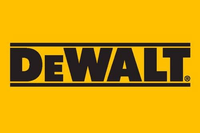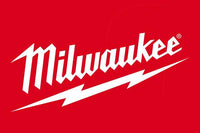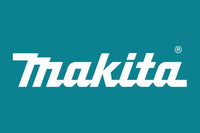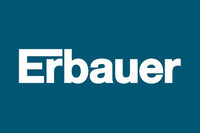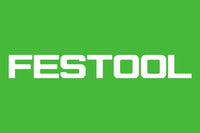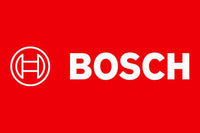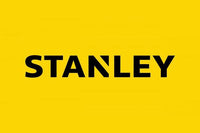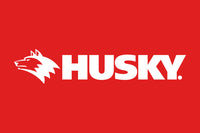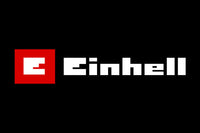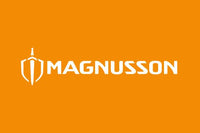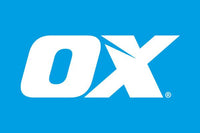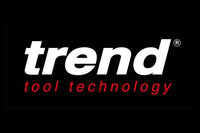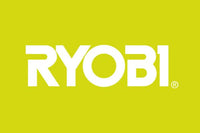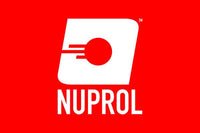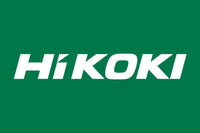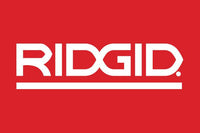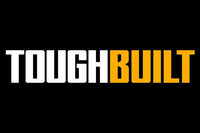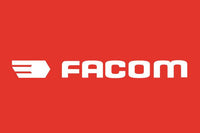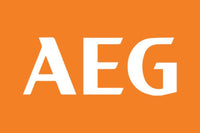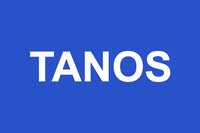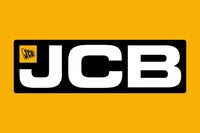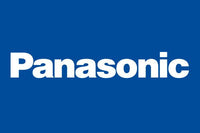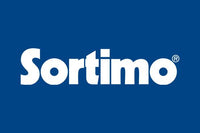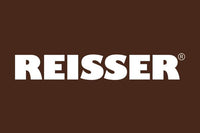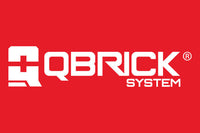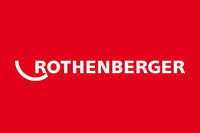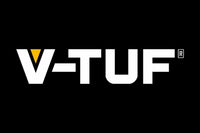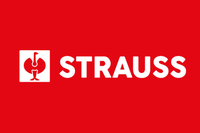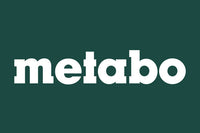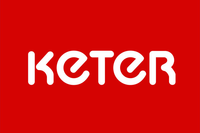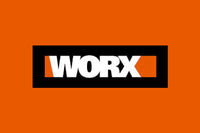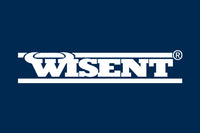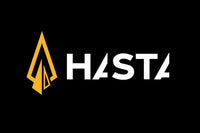Daglig ordreafbrydelse kl. 14.00
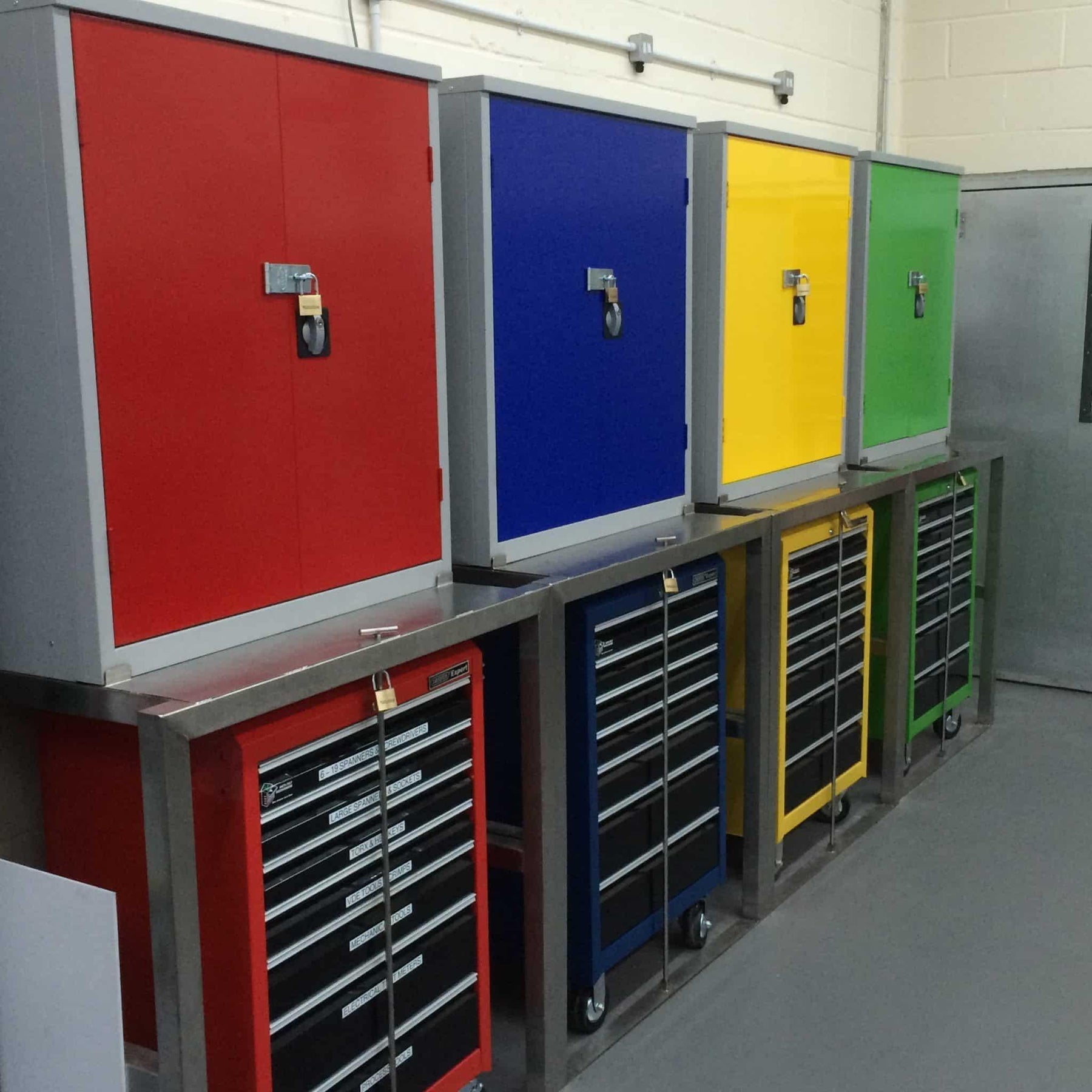
Organisering af et hold af skiftende ingeniørers værktøjer.
Tro det eller ej, men det var otte år siden, at vi første gang gennemførte et værktøjskontrolprojekt for nærliggende Morrisons Manufacturing. Nu er det tid til at besøge igen og få tingene fornyet, genopfrisket og omorganiseret for deres skifteingeniørteams.

Historieværktøjskontrol
Dengang plejede Jonathan at være skifteingeniør hos Morrisons Manufacturing. Så dette positionerede ham perfekt til at gå derind tilbage i 2015 og få implementeret et skiftværktøjsstyringssystem med dem. Dette er blot et element i et 5S-projekt, de arbejder med i deres Engineering Workshop.
5s (nogle gange omtalt som Lean, Kaizen, Continuous Improvement osv.) til værktøjskontrol er i det væsentlige at bestille alt håndværktøj i et revisionsvenligt system. Som i alle FMCG-produktionsmiljøer var interne revisioner almindelige. For ikke at nævne BRC Food Safety audits også, så værktøjskontrollen skal være upåklagelig.
Enheden kørte i et 4-skiftsmønster, hvorfor 4 samlede sæt værktøj blev bestilt og tildelt, et pr. skift. Da projektet oprindeligt blev udført, var der mange vigtige afgørende faktorer, da beslutningen traf. Hvordan får du et værktøjskontrolsystem på plads i betragtning af den store mængde værktøj?
Fordelen ved Shadow Foam vs brugerdefinerede CNC skære skær værktøj forts
Hvis de havde været nødt til at sende alle disse værktøjer væk for at blive CNC-skåret i specialværktøjskontrolskum, ville omkostningerne have været over £6k. Desuden ville de ikke have haft brug af disse værktøjer i flere uger. Hver gang et værktøj gik tabt, hvis en nyere version skulle erstatte det, ville det desuden være dyrt. Da den individuelle skuffeindsats, der husede den, også skulle udskiftes til en pris på omkring 200 £ pr. gang. Du kan se, hvorfor dette ville være uoverkommeligt!
Men ved at bruge Shadow Foam , kunne værktøjerne skæres hurtigt ind i skummet på stedet i løbet af off-shift tiderne. Så det hele gjort uden at skulle sende dem væk i lange perioder. Hvis en skiftingeniør havde mistet et værktøj, og den nye erstatningsværktøjsprofil var anderledes, er det meget meget billigere og hurtigere blot at bestille en anden Shadow Foam indsats. Meget mere at foretrække end at kassere flere hundrede pund for et nybearbejdet skær.
Nu
Så otte år senere er det rimeligt at sige, at de tidligere indsatser stort set havde bestået tidens prøve. Men de så meget desto værre ud efter så meget vedvarende brug. Den gamle kvalitet af polyurethanskum, som disse blev lavet af, hed tidligere Shadow Foam Original . Dette skum blev dog udgået for et par år siden nu. Vores nyere kvalitet er mere robust og vil modstå belastningen ved gentagen brug. Ud fra et værktøjskontrolperspektiv er det nye skums rengørbare, aftørrelige natur meget mere velegnet til brug i dette miljø.

Efter at have brugt noget tid sammen med ingeniørteamet fandt vi ud af, hvilke værktøjer der skulle tilføjes til kittene. Vi vidste også, hvad deres krav var, så vi kunne tage på indkøb. Første stop for værktøj for os er altid Winsford-baserede Warnhill Tools and Fasteners . De har altid et stort udvalg af værktøjer fra alle de store mærker. Så vi vidste, at vi stort set kunne få alt, hvad vi havde brug for. Næste stop, med det formål at genopfriske rullekabinerne, var D & J Factoring fra Northwich. Her fik vi vores slibemaskiner, grundere, maling og lakker, så vi kunne gå i gang med det.
Maling af rullekabinen
Dette var det logiske første job, der startede. At få alt det forberedende arbejde gjort med dette og få det første lag maling på betød, at vi kunne fortsætte med at arbejde på de andre elementer af jobbet, mens malingen tørrede mellem lagene. Det er ikke tilfældigt, at Morrisons Manufacturing har en forskellig farvet værktøjsstation for hvert skift. Dette er så de rigtige værktøjer returneres til de rigtige konsoller ved slutningen af hvert skift. Derefter gentager det næste hold processen med deres "farvekodede" sæt værktøjer.
I dag arbejder vi på det blå sæt og organiserer Draper Expert 7 Drawer Roll Cab . Efter at have fjernet alt værktøj fra rullekabinen, var vi i stand til at rense og slibe basen. Derefter fjernede vi håndtagene og tapede alle områder af, vi skulle beskytte, når vi malede. Så kunne malingen begynde, med vores grundmaling. Da det var gået af, gik vi i gang med det første lag. Vi brugte Hammerite Smooth Blue som giver en flot blank finish og er relativt billig.
Slutresultatet? Det var faktisk en lysere blå nuance end den oprindeligt på æsken, som ikke helt matchede resten af skabene. Så vi har taget den fra en marineblå til mere af en kongeblå. Vi fulgte dette med 3-4 lag lak for at gøre det så slidstærkt som muligt. Dette bør helt klart nu stå op til strabadserne i det miljø, det vil være i.
Skufferne
Med mange års fedt og snavs opbygget på dem, blot ved daglig brug, skulle der lidt rengøring til. De kom rigtig fint op med bare lidt HG Sticker Remover , lidt tid og noget albuefedt. Og så er det selvfølgelig tid til at få dem alle foret med Shadow Foam. Til det blå sæt gik vi selvfølgelig med vores blå skum. Der var 7 skuffer i rullekabinen. Bevæbnet med et af vores Shadow Foam skæresæt og 7 specialstørrelser af 50 mm skum, var vi klar til at komme i gang med at skære værktøjerne ind.
Vi vidste, hvordan skiftingeniørteamet ville have deres værktøjer lagt ud. Derfra, ved blot at planlægge formatet og skære i fingertræk for nem adgang, var vi i stand til at rumme hvert værktøj i skufferne.
Resultatet? værktøjskontrol
Du kan se hele projektet her . Selvom dette er Lean- eller Kaizen-organisation eller kontinuerlig forbedring på arbejdspladsen i relativt stor skala, illustrerer det, hvordan det kan anvendes på enhver virksomhed af enhver størrelse.



































